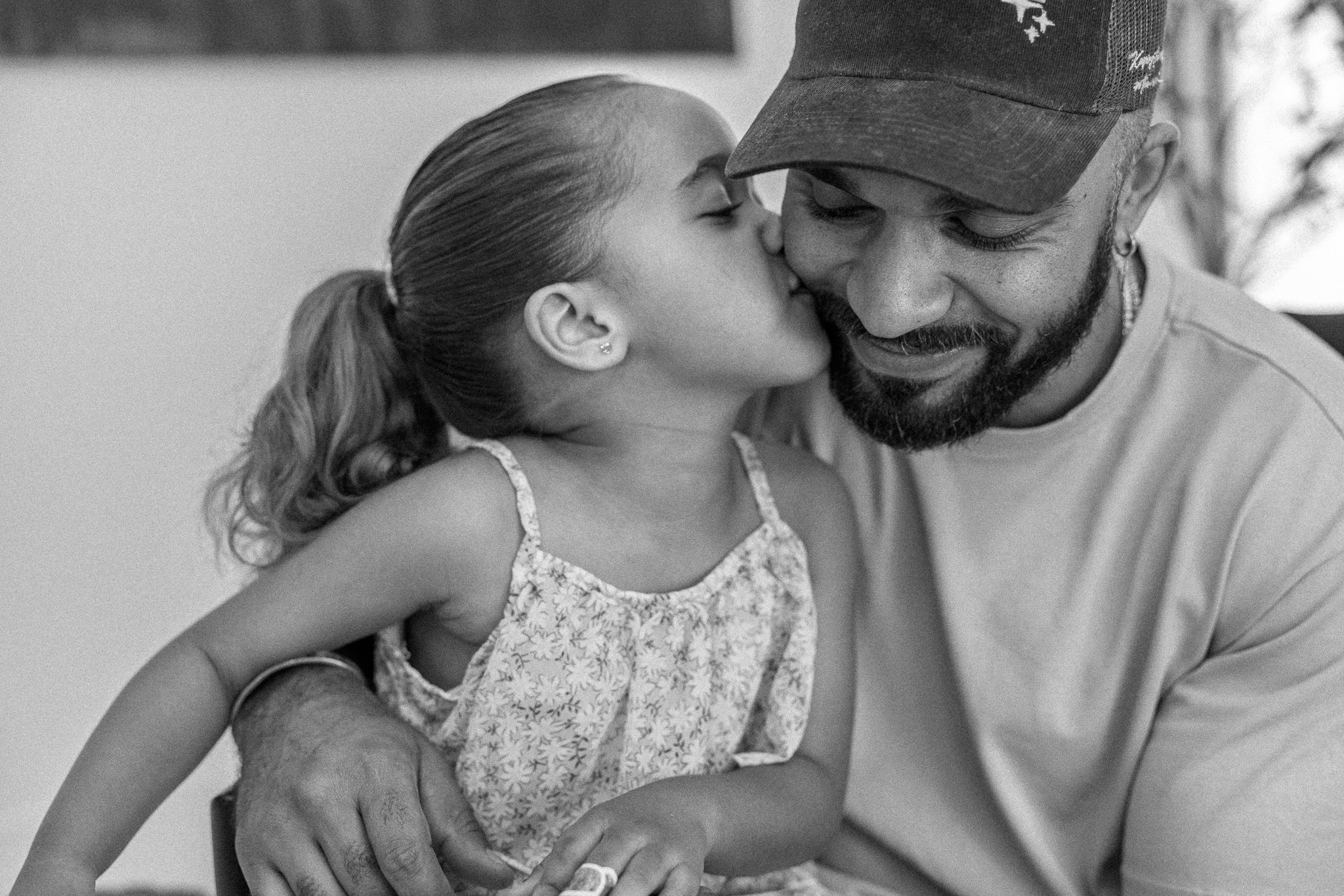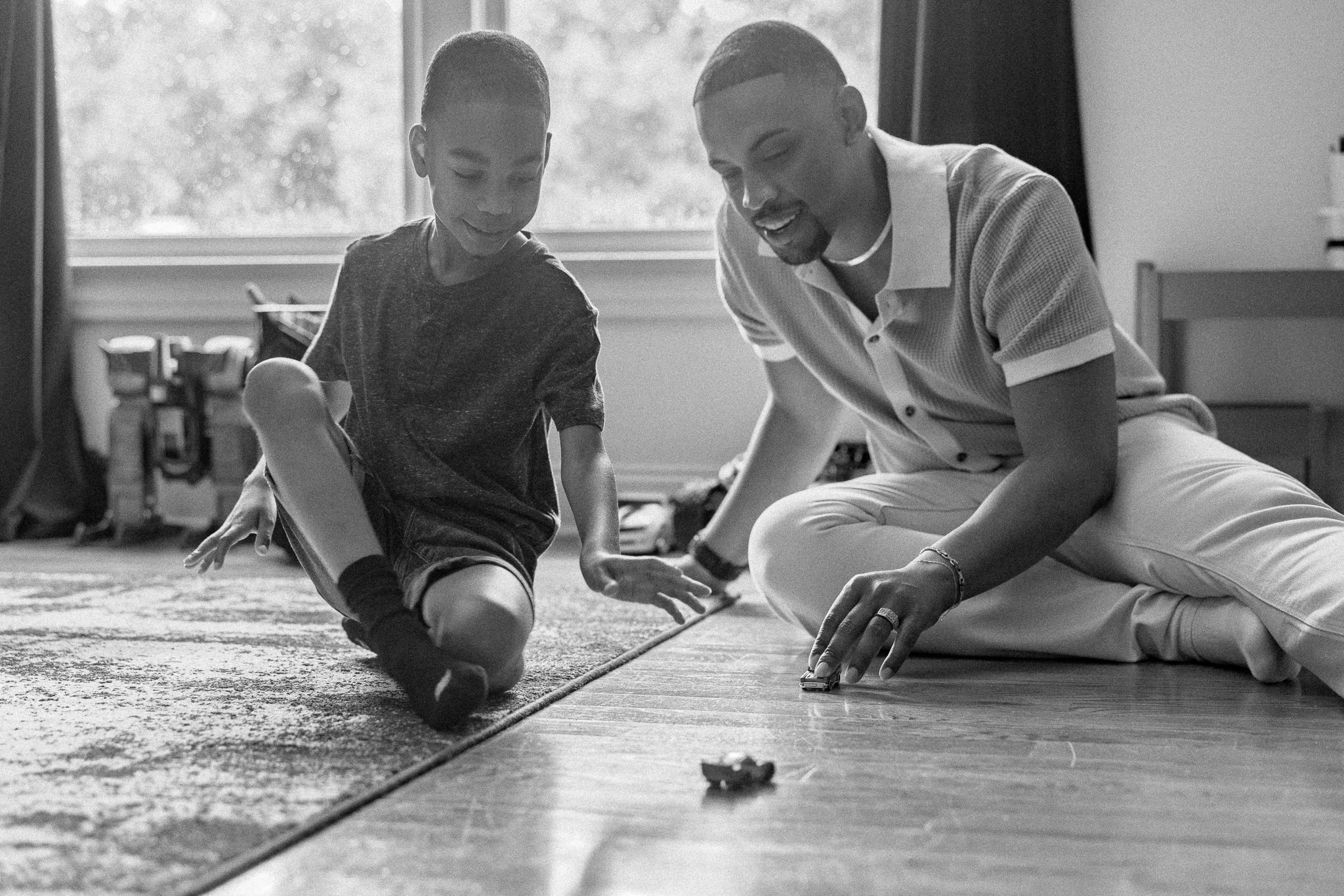
Dr. Jessica Shepherd
Courtesy of @jessicashepherdmd
blacklove.com deepens the national conversation around Black maternal health with Black Obstetrician/Gynecologist Dr. Jessica Shepherd.

Dr. Jessica Shepherd (Courtesy of @jessicashepherdmd)
Jessica Shepherd, MD, MBA, is an obstetrician/gynecologist and also a Minimally Invasive Gynecologic surgeon at Baylor University Medical Center in Dallas. Throughout her career, she has fought for reproductive justice and also discusses health care disparities when she has the opportunity. blacklove.com talked to Dr. Shepherd about the Black Maternal Health Crisis, Black OBGYNs and their efforts with legislation for Black Maternal Healthcare, and the ideal future for women’s health care in America.
BL: Hi Dr. Shepherd! Thank you for talking with us. We want to start with why you decided to go into the field of obstetrics?
Dr. Shepherd: Obstetrics is a very rewarding field. I wanted to have the ability to help women bring life into this world.
BL: Does the Black Maternal Health Crisis affect your practice as an OB, and if so, how?
Dr. Shepherd: As an OB/GYN in Texas, the Black Maternal Health Crisis is a statewide issue.
In 2016, a state maternal mortality task force found that African American women in Texas are much more likely to die from pregnancy related causes in the year after birth than their white and Hispanic counterparts.
So, this is a statistic that affects ALL practices in this state and I’m quite sure in the rest of the country, as I have found when talking to my colleagues from other states.
BL: We see that you are a mother! Who was on your team during your birthing process? Did you use midwives or doulas or night nurses? What was your experience?

Courtesy of @jessicashepherdmd
Dr. Shepherd: Yes! I am the mother of two beautiful boys who, when I look at my pregnancy course, had many factors that could have made it higher risk — including the fact that I was over the age of 35 and the interval between my pregnancies was a very short time frame.
Fortunately, I had a very good team, which included one of my partners in my practice who is also my, and many other Black OBGYNs, mentor. She was able to deliver both of my children.
I had a vaginal delivery for both and worked up until the day I went into labor with both. They were very uncomplicated deliveries, and I did both in the hospital that I worked at, as I wanted the ability to be close to intensive care resources if needed. I remember having a very serene experience for both and had the same doctor and nurse in both of my deliveries, which is rare!
I also attribute a safe delivery to my dedication to health; however, I know that is not always the saving factor.
What we are seeing in this Black Maternal Health Crisis dialogue is that many women are dying, no matter their dedication to health, as I learned meeting Charles Johnson, the husband of Kira Johnson who lost her life the day she delivered their second son. Her health was paramount, and she still lost her life. Since then Charles and his mother, Judge Hatchett, have been devoted to bringing awareness to maternal mortality with his advocacy in DC and also starting 4Kira4Moms.
BL: In your opinion, what is the best possible outcome for events like Black Maternal Health Week? Is it informing Black women, or is it more about informing the majority on potentially helpful practices surrounding how they extend healthcare to minority sectors, including Black mothers?

Courtesy of @jessicashepherdmd
Dr. Shepherd: For weeks like Black Maternal Health Week, I think there needs to be mobilization with physicians and providers that can educate and make others in health care administration and health care legislation understand how important this issue is. There is also an education portion that we need to convey to communities, so they understand the importance of how they can impact their experiences and also the health of their unborn children.
In our communities, there are levels of distrust, higher likelihood of chronic (and often poorly controlled) diseases such as diabetes, hypertension and obesity, and also a lack of resources. Patients often don’t understand how these chronic conditions can affect their health long-term and don’t understand how much their pregnancy can be adversely impacted.
From a healthcare perspective, there are many things that should be improved. There is a group of African American female OB/GYNs that are dedicated to impacting their community positively and will, this week, for Black Maternal Health Week, be actively writing letters to legislators, sharing information on social media, and advocating for our women.
Changing the system from within is key.
Changing the system from within is key and will decrease bias, racism, and cultural incompetency, which creates a barrier between health care providers and their patients.
BL: Looking forward, what do you feel would be the ideal medical care expected when your kids have kids?
Dr. Shepherd: That women’s health care is a priority in America. We can tell from insurance coverage, protected maternity leave, increasing postpartum depression incidences, and staggering numbers of maternal mortality, that it is not a priority by any means.
My dream for health care is that it is truly realized that healthcare is a right and not a privilege.

Courtesy of @jessicashepherdmd
My dream for health care is that it is truly realized that healthcare is a right and not a privilege. I hope that the real root of the problem is addressed which is a lack of access to health care. Maternal mortality is an alarming crisis in America, and unfortunately, women’s lives are caught in the crossfire.
BL: Is there anything else you would like to let us know about your passions, your practice, or the Black Maternal Health Crisis?
Dr. Shepherd: As a Black woman, and a mother myself, I see myself in so many of these stories that I hear every day, and I am hopeful that, with constant pushing, we can make progress. I use my passion for overall health — physical, mental, and emotional — to empower my patients and push them to a healthier version of themselves. Seeing the progress made in women’s lives, when they make their health a priority, is also a part of this solution. The decision to make health a priority gives women the power back to create a legacy of health.
Related Articles
Bozoma Saint John talks Black motherhood, grief, self-love, and finding joy again. Don’t miss her powerful conversation on building legacy and living boldly.
Tyler Lepley shows the beauty of Black fatherhood, blended family life with Miracle Watts, & raising his three children in this Father Noir spotlight.
Black fathers Terrell and Jarius Joseph redefines modern fatherhood through love, resilience, unapologetic visibility in this Father Noir highlight.
Featured Articles
When Elitia and Cullen Mattox found each other, they decided that they wanted their new relationship together, their union, to be healthier and different.
Celebrate their marriage and partnership with the release of the documentary “Time II: Unfinished Business”
The vision for our engagement shoot was to celebrate ourselves as a Young Power Couple with an upcoming wedding, celebrating our five year anniversary - glammed up and taking over New York.
Meagan Good and DeVon Franklin’s new relationships are a testament to healing, growth, and the belief that love can find you again when you least expect it.
Our intent is to share love so that people can see, like love really conquers everything. Topics like marriage and finance, Black relationships and parenting.
HEY CHI-TOWN, who’s hungry?! In honor of #BlackBusinessMonth, we teamed up with @eatokratheapp, a Black-owned app designed to connect you with some of the best #BlackOwnedRestaurants in YOUR city – and this week, we’re highlighting some of Chicago’s best!











